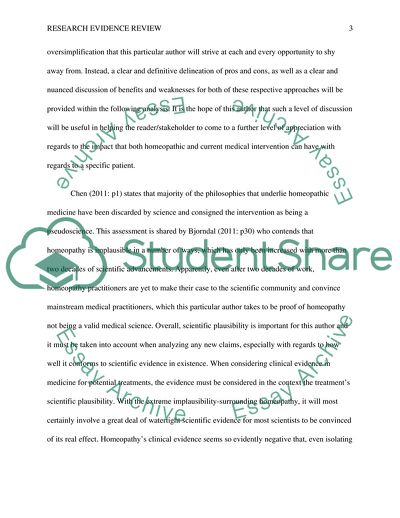Cite this document
(The Efficiency of Homoeopathic Medicine Article, n.d.)
The Efficiency of Homoeopathic Medicine Article. https://studentshare.org/health-sciences-medicine/1831727-research-evidence-review-summative
The Efficiency of Homoeopathic Medicine Article. https://studentshare.org/health-sciences-medicine/1831727-research-evidence-review-summative
(The Efficiency of Homoeopathic Medicine Article)
The Efficiency of Homoeopathic Medicine Article. https://studentshare.org/health-sciences-medicine/1831727-research-evidence-review-summative.
The Efficiency of Homoeopathic Medicine Article. https://studentshare.org/health-sciences-medicine/1831727-research-evidence-review-summative.
“The Efficiency of Homoeopathic Medicine Article”. https://studentshare.org/health-sciences-medicine/1831727-research-evidence-review-summative.


